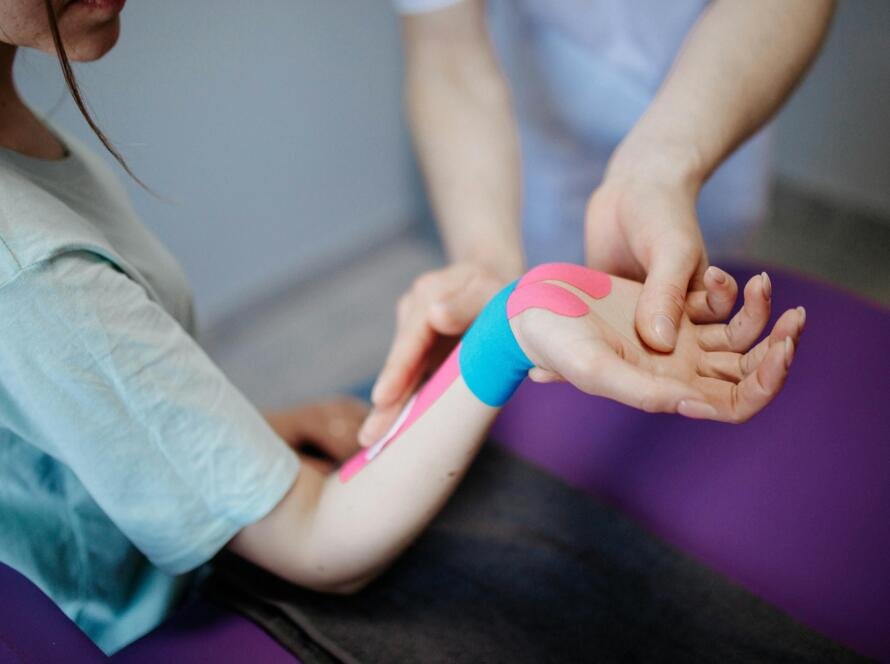Maintaining proper posture is essential for overall health and well-being, yet many individuals struggle with posture issues due to sedentary lifestyles, prolonged screen time, or physical injuries. Physiotherapy offers effective solutions to correct posture and alleviate the associated discomforts.
Role of Physiotherapy in Posture Correction
Physiotherapy addresses the root cause of posture problems through personalized treatment plans and exercises. Here’s how it helps:
1. Postural Assessments
A physiotherapist begins with a thorough evaluation of your posture, identifying misalignments and muscle imbalances. This helps in crafting a tailored treatment plan to meet your specific needs


Strengthening Weak Muscles
Poor posture is often the result of weak core, back, and shoulder muscles. Physiotherapists use targeted exercises to strengthen these areas, providing better support for the spine and improving overall alignment.
Stretching Tight Muscles
Muscle tightness can restrict movement and exacerbate poor posture. Physiotherapists incorporate stretching routines to improve flexibility and release tension in areas like the neck, chest, and lower back.
Physiotherapists provide guidance on maintaining proper posture during daily activities, such as sitting at a desk, standing, or lifting objects. Ergonomic adjustments can significantly reduce the risk of recurring posture problems.
Manual Therapy
Hands-on techniques like joint mobilization, soft tissue massage, and spinal manipulation can alleviate pain and improve posture by restoring natural movement in the joints and muscles.

Benefits of Posture Correction Through Physiotherapy
Prevention of long-term musculoskeletal disorders
Reduced pain and discomfort
Enhanced flexibility and strength
Improved breathing and circulation
Boosted confidence and appearance


